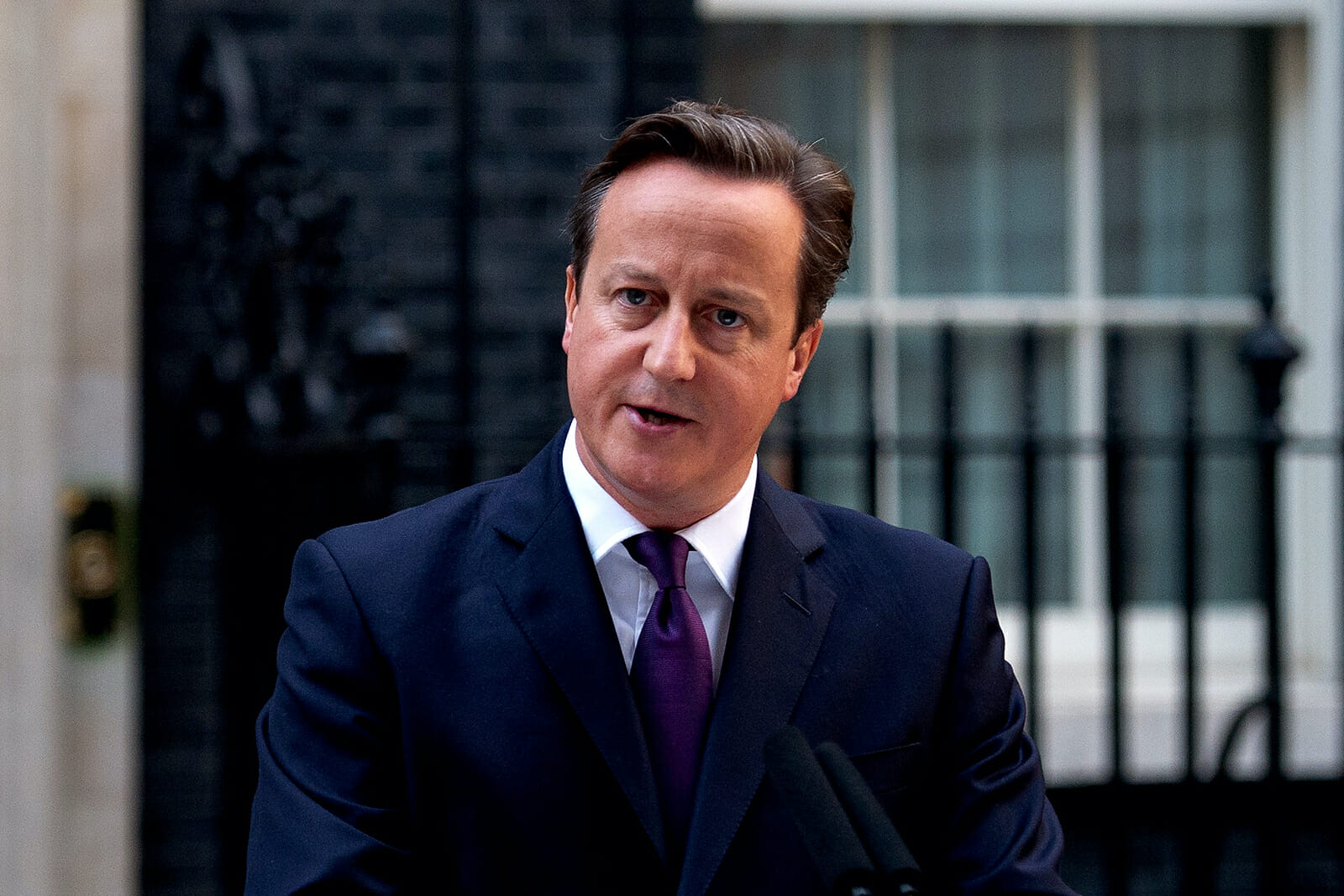
Scottish Independence is Long Overdue
September 18 is the date when the Scottish will vote to decide the future of their country. The stakes are high. Prime Minister David Cameron will be left “heartbroken” if Scotland chooses to be independent. To encourage Scotland to remain in the United Kingdom, David Cameron is willing to offer Glasgow 500m British Pounds (roughly $850m). However, this has not seemed to quell the spirit for freedom in Scotland.
An independent Scotland will not be an end onto itself. Independence is just the first page of the book. The Scots will gain powers that they have so far been denied: sustainable economic growth, social justice, elimination of inequality, and above all, a Scotland-first approach. Most importantly, independence would mean that Scotland will be able to develop its own identity — not as England’s neighbor, nor as a Home Nation within the United Kingdom, but as a sovereign state in its own right. An independent Scotland would envisage a voice for progressive ideals, democratic values, freedom, and equality.
As a part of the UK, Scotland was forced to fight the UK’s wars in Iraq and elsewhere. What will be the foreign policy of a free Scotland? If Scotland decides to go the UK-route and seek membership in NATO and/or similar entities, the very purpose of freedom will be defeated.
Thus, when pro-independence leaders claim that Scotland’s new Constitution will have specific provisions on how and when Scottish armed forces would be involved around the world, it sounds like a reasonable argument. Of course, we will have to wait to see the actual implementation of this claim.
There are nuclear weapons installed in Scotland — barely twenty miles from Glasgow. After independence, Scotland will have to figure out its own nuclear policy. Once again, if it goes the traditional route and fails to see the harm in having the UK’s nuclear arsenal on its soil, its freedom would become meaningless. On the other hand, if the Scots decide to be nuclear-free, it would be another step towards ensuring the safety and peace of Scotland and the world in general.
For nearly 40 years, the United Kingdom has delayed achieving the UN target that developed countries spend 0.7% of their Gross National Income (GNI) on official development assistance. As an independent nation, Scotland will need to speak out against such double standards. Scotland has given a lot to the world: Adam Smith, David Hume, and Alexander Graham Bell just to name a few. Scotland’s tradition of innovation and invention dates back centuries. But as a constituent state of the United Kingdom, Scotland’s achievements were either ignored or overshadowed. This is why independence is necessary. An independent Scotland can uphold its rich traditions and also ensure that the whole world benefits from Scottish progress.
Scotland, as a country, has always managed to impress me. It was the first country to initiate a Climate Justice Fund. Despite being a part of the UK (and by that logic, a part of the developed world), Scotland did not hesitate to admit that climate change was caused primarily due to the rapid growth of the developed world. And yet, the developing nations had to pay the bigger price. Obviously, after independence, Scotland’s impressive track-record vis-à-vis the environment will continue to impress.
The virtues enshrined in the hearts of the Scottish people and Scottish leaders are indeed praiseworthy — a commitment to fight against global poverty, restrict the use of nuclear weapons, tackle climate change, and avoid unnecessary wars. These values can be put into practice only if Scotland is free from the dominance of its neighbor. Whether or not Scots vote for freedom is yet to be seen. An independent Scotland would be a country that the world could count on!

